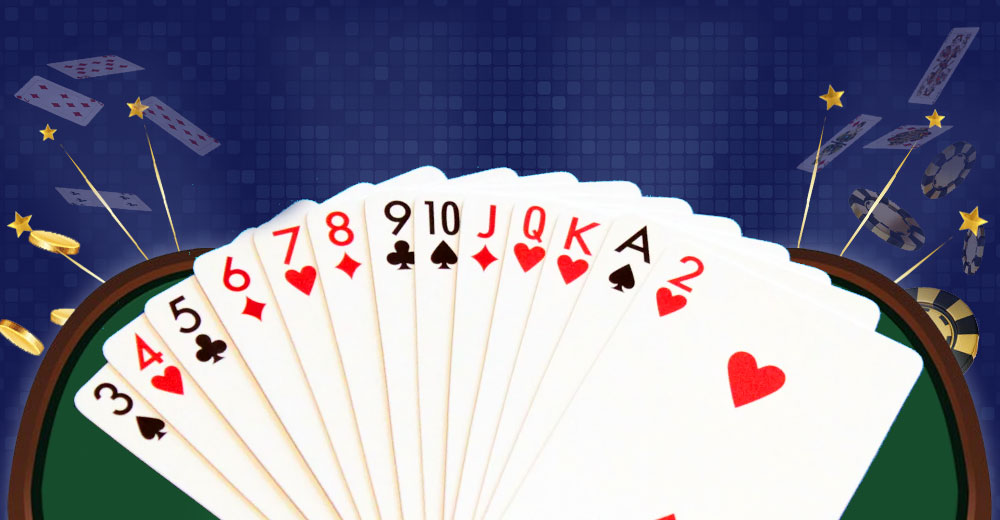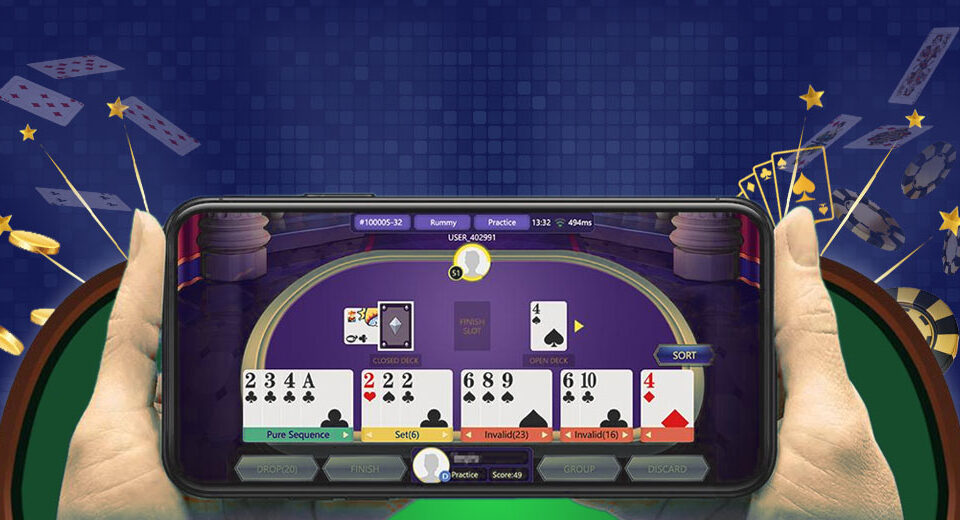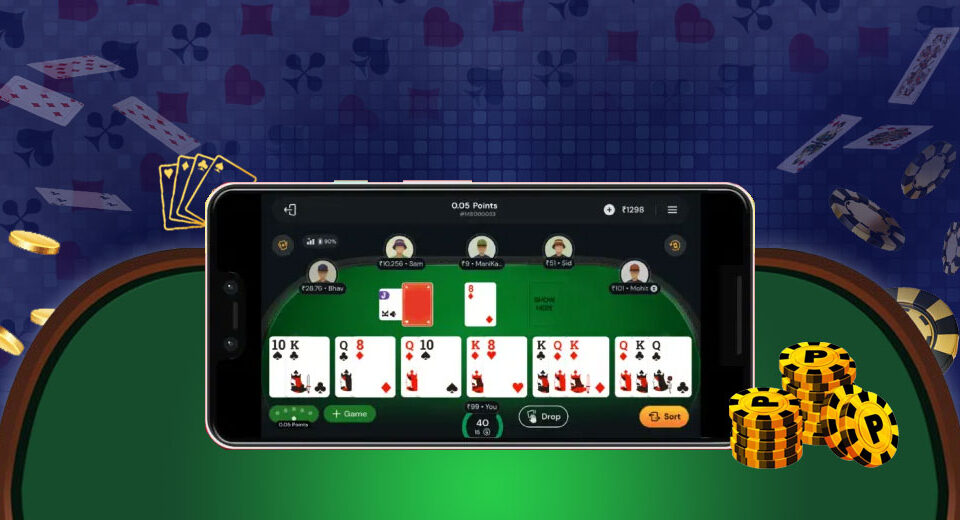Pool Rummy vs Deal Rummy: What’s the Better Choice?
Rummy is one of the most popular card games, and within its various formats, Pool Rummy and Deal Rummy stand out as two widely played versions. Both these formats follow the fundamental Indian Rummy rules but differ in gameplay structure, scoring methods, and strategic depth. Whether you're new to IndianRummy online or an experienced player looking for the ideal format, understanding these differences can help you make the best choice.
In this article, we will compare Pool Rummy and Deal Rummy based on key factors like game structure, strategy, and decision-making, helping you determine which one aligns better with your playing style.
1. Understanding Pool Rummy
Pool Rummy is a long-form game where players aim to avoid reaching a specific points limit. The game is usually played in 101 Pool or 201 Pool, meaning players are eliminated when they cross 101 or 201 points, respectively.
- Players keep playing until only one remains below the limit.
- The game follows the Indian Rummy card game structure, where participants form valid sequences and sets.
- The longer duration and elimination-based format make it a test of patience and long-term strategy.
- Players must balance offense (creating sequences) and defense (discarding carefully to avoid helping opponents).
2. Understanding Deal Rummy
Deal Rummy is structured around a fixed number of deals, with pre-determined chips allocated to each player. Unlike Pool Rummy, there is no elimination based on points; instead, the winner is decided based on chip count after all rounds are completed.
- Every player gets an equal number of chips at the start.
- The game is played for a set number of deals (e.g., 2, 3, or 6 deals).
- At the end of each deal, chips are redistributed based on player standings.
- The player with the highest chip count after all deals win the match.
- Unlike Pool Rummy, this format focuses more on short-term strategy and quick decision-making.
3. Strategic Differences Between Pool Rummy and Deal Rummy
- Pool Rummy demands long-term strategy, as survival depends on accumulating fewer points over multiple rounds.
- Deal Rummy is more about short-term tactical play, requiring quick decision-making and adaptability within a limited number of deals.
- In Pool Rummy, discarding high-value cards early is a key strategy to reduce point accumulation.
- In Deal Rummy, players may take calculated risks since the outcome is based on multiple deals rather than elimination.
4. Which Format is More Competitive?
Both Pool Rummy and Deal Rummy offer competitive gameplay but cater to different player preferences:
- Pool Rummy suits those who enjoy longer, endurance-based challenges where patience plays a vital role.
- Deal Rummy is more suitable for players who prefer fast-paced competition with quick results.
- Online Rummy game platforms often host tournaments in both formats, attracting different types of competitive players.
5. Time Commitment: Which is More Suitable?
- Pool Rummy games can last significantly longer, especially in 201 Pool, making it a preferred choice for those willing to invest time.
- Deal Rummy has a fixed number of rounds, ensuring that the game ends within a predictable timeframe.
- If you prefer short sessions, Deal Rummy is a better choice, while Pool Rummy is ideal for immersive and extended gameplay.
6. Adaptability to Online Rummy Platforms
- Both formats are widely available in Indian Rummy online platforms, but Deal Rummy often attracts those who enjoy quick games on mobile apps.
- Pool Rummy is more commonly played in tournaments, where players compete over multiple rounds for top rankings.
- AI-based matchmaking in online platforms ensures fair competition in both formats, making them equally accessible.
7. Choosing the Right Format Based on Your Playing Style
- If you prefer long-term strategy, patience, and defensive play, Pool Rummy is the better choice.
- If you enjoy quick decision-making and fast-paced rounds, Deal Rummy is more suitable.
- Both formats require a solid grasp of Indian Rummy rules to excel.
Conclusion
Both Pool Rummy and Deal Rummy offer unique challenges, making them engaging choices for players of all skill levels. While Pool Rummy tests a player's ability to sustain their position over multiple rounds, Deal Rummy focuses on making the most of limited opportunities within a fixed number of deals.
The decision between the two ultimately depends on your preference for long-term endurance-based play versus short-term, high-intensity gaming. Whether you enjoy the thrill of elimination-style strategy or the quick adaptability of deal-based competition, both formats promise an exciting online Rummy game experience.
Understanding their differences can help you refine your strategy and enhance your skills in the Indian Rummy card game.




